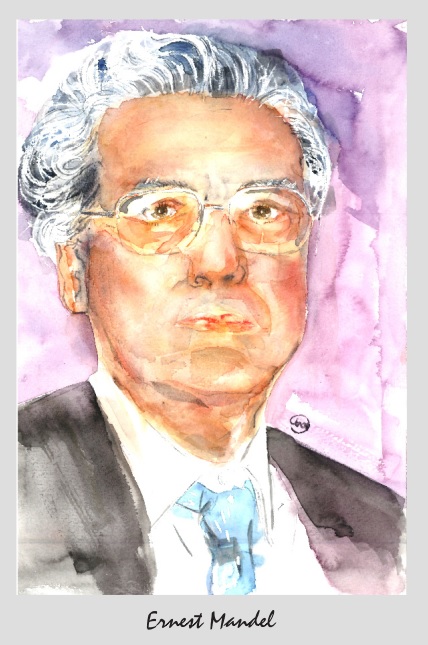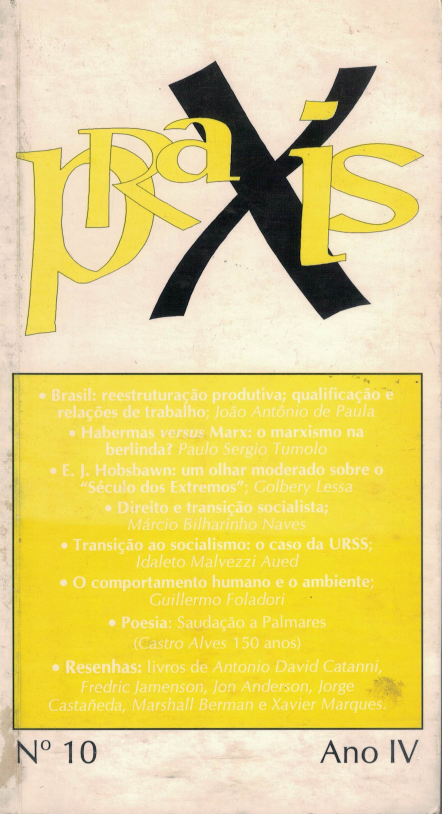Weapons and late capitalism: department III development and capital valuation in times of reproduction crisis
Abstract
After the collapse of the bureaucratic states in 1989, there was, among other things, the expectation of a nascent new order in the midst of an ideological triumph. A series of apologetic speeches prevailed against the system of capital hegemony, with the respective righting of politics and restoration of old prejudices and speeches supported by the visions of the euphoric bourgeois: the “end of history” in the Hegelian sense was just one of the expressions of this moment: the “naturalization” of capital and the social order shaped by it was the common element of state discourse in the period. As an example, throughout the 1990s, the shift to the right of the so-called political center formed by social democracy, labor, the “metamorphosed” PCs and other expressions of what can be generically called reformism was emblematic. In short, a quasi-consensus regarding the virtues of the new order cradled by conservative and triumphalist optimism.

Downloads
Published
How to Cite
Issue
Section
License
Authors who publish in Revista Mouro agree to the following terms:
The. Authors retain copyright and grant Revista Mouro the right to publish.
B. Authors are authorized to assume additional contracts separately, for non-exclusive distribution of the version of the work published in this publication (eg, to publish in an institutional repository or as a book chapter), with acknowledgment of authorship and publication in Revista Mouro.
ç. Authors are allowed and encouraged to publish and distribute their work online (e.g. in institutional repositories or on their personal page) at any point before or during the editorial process, as this can generate productive changes as well as increase impact and the citation of the published work.





